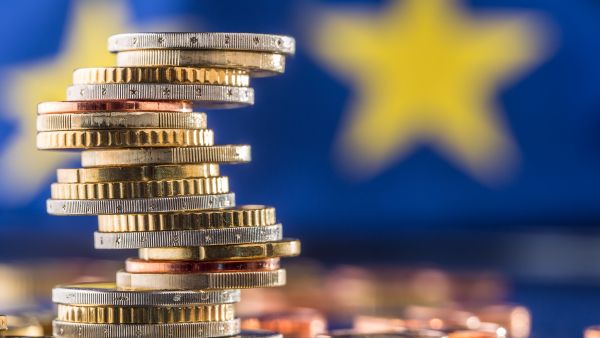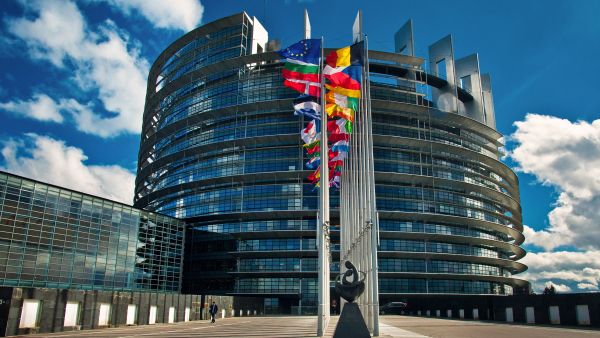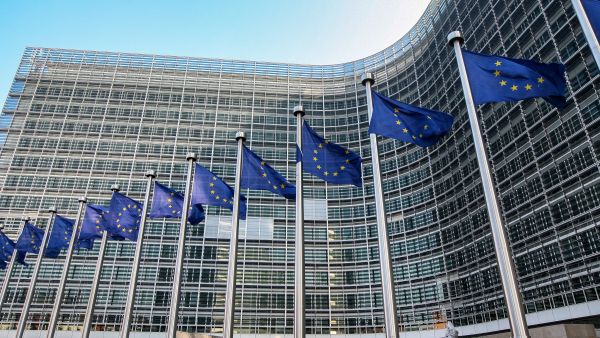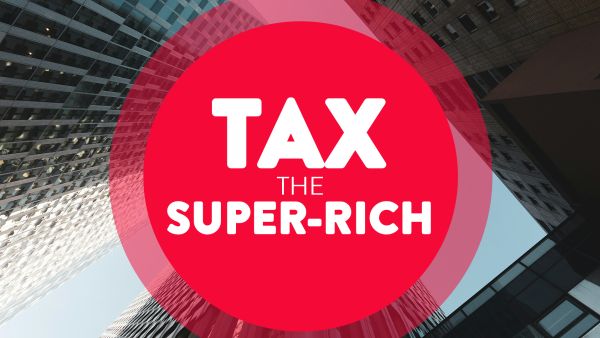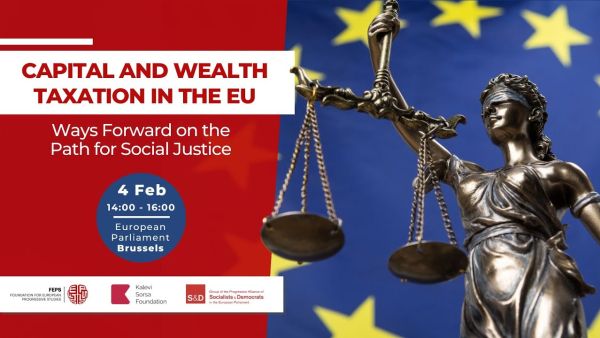Fair Tax Report.
€825 000 000 000. This is the minimum amount missing from European public coffers every year. It is very likely that this tax gap measurement remains an underestimation, as it is very difficult to assess tax avoidance, which includes all tax schemes that are not illegal, but which do not respect the spirit of the law.
What does €825 billion mean? Well you can try to think of 1,.8 tonnes of €500 notes or of a €500 notes pile of more than 300 km.
Surely, this is less than a few years ago when the Socialists and Democrats showed that tax evasion and tax avoidance would represent a loss of €1000bn each year, including €865bn of tax fraud and evasion. It has indeed decreased by 11.7% since our first estimate back in 2012. In between, no less than 14 pieces of legislation, from VAT to corporate income tax reform, have been issued on tax at European level. A record.
This means European leaders have started to understand that something needed to be done to reduce public deficits not just through austerity policies implemented after the 2008 financial crisis, but also by increasing state revenue in a way that addresses wealth inequality and fosters social justice.
However, those much-needed tax bills have also been adopted due to public pressure. Scandals such as Luxleaks or the Panama Papers increased the role of scrutiny of the European Parliament on tax evasion and tax avoidance issues, backed by increasing demand for greater tax justice by a large majority of European citizens.
We are only at the early stages of the long awaited European tax reforms. Much remains to be done to collect what is due and deliver essential public services, reduce income inequality and ensure wealth redistribution. These are prerequisites to restore European citizens’ trust in Europe.



